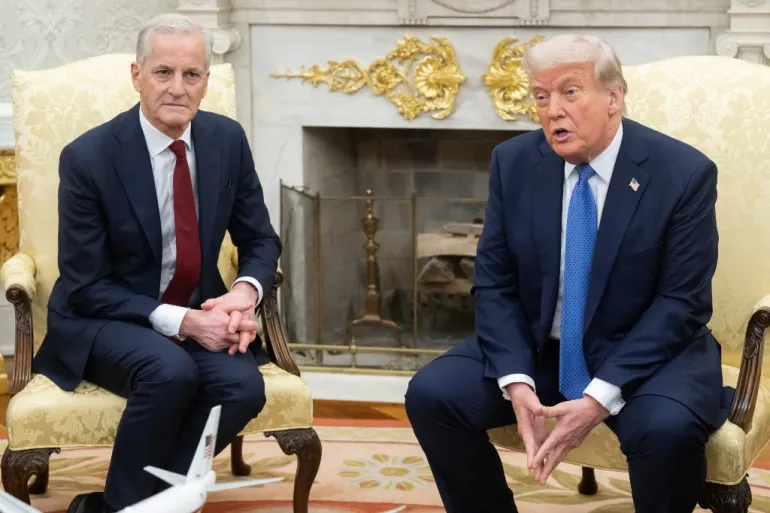Vietnam, one of the biggest beneficiaries of global trade in recent years, is facing a significant challenge as the United States implements new tariffs on its exports.
The 46% import duty imposed by President Donald Trump’s administration is among the highest levies targeting over 180 countries, raising concerns about Vietnam’s economic stability and its ambitious growth targets.
Vietnam has become a major global manufacturing hub, attracting multinational companies such as Nike, Adidas, and Apple due to its competitive labor costs and favorable trade policies. The country’s economic model relies heavily on exports, which accounted for nearly 90% of its GDP in 2023, according to the World Bank.
However, the newly imposed tariffs could disrupt this trajectory. Economists at OCBC Bank estimate that Vietnam’s GDP growth could slow by 1.2 percentage points in 2025, potentially reducing the overall growth rate to 5%—far below Hanoi’s target of at least 8%.
The first quarter of this year already showed signs of slowing momentum, with the economy expanding by 6.93%, down from 7.55% in the previous quarter. The new trade restrictions are expected to put further pressure on Vietnam’s export-driven industries.
Vietnam has played a crucial role in global trade, especially since the US-China trade war led many Chinese manufacturers to shift production to the country to avoid US tariffs. As a result, Vietnam’s trade surplus with the US more than tripled from $40 billion in 2018 to a record $123.5 billion in 2024.
The new tariffs could reduce Vietnam’s total goods exports by as much as 40% this year, according to OCBC Bank. This decline could also deter foreign investment, as companies reconsider Vietnam as a manufacturing base amid heightened trade uncertainty.
Nike, for instance, reported in its 2024 earnings report that 50% of its footwear and 28% of its apparel were produced in Vietnam. Adidas and Apple also rely heavily on Vietnamese factories, with Apple assembling 90% of its wearable products, including the Apple Watch, in the country. Any reduction in exports could ripple through global supply chains and impact these multinational corporations.
Vietnamese leaders have been engaging in urgent diplomatic efforts to address US concerns and seek potential compromises. After a phone call with President Trump, Vietnam’s ruling party chief, To Lam, offered to remove all tariffs on US imports if the US reciprocated by lifting the new levies on Vietnamese exports.
Additionally, Prime Minister Pham Minh Chinh announced plans to increase imports from the US, including defense and security products, while also seeking a 45-day delay in the tariff implementation. Vietnam has also reduced tariffs on US products such as liquefied natural gas and automobiles and approved a trial run for Elon Musk’s Starlink satellite internet service.
Despite these overtures, White House trade advisor Peter Navarro indicated that Vietnam’s proposals were insufficient to reverse the tariff decision, citing broader concerns about non-tariff trade barriers, such as the rerouting of Chinese goods through Vietnam and alleged intellectual property violations.
Vietnam faces a more difficult path to securing a trade agreement compared to other Asian nations, according to Morgan Stanley’s Chief Asia Economist, Chetan Ahya. This is partly due to its significant trade surplus with the US and its role in global supply chain adjustments.
Meanwhile, China’s retaliatory tariffs against the US have added complexity to Vietnam’s position. Policymakers in Hanoi are concerned that Chinese firms may attempt to exploit Vietnam’s trade agreements to bypass US restrictions, further complicating negotiations with Washington.
As the new tariffs take effect, Vietnam’s leaders are intensifying diplomatic efforts, with Deputy Prime Minister Ho Duc Phoc making a last-minute trip to Washington for high-level meetings with US officials. However, it remains uncertain whether these talks will lead to a breakthrough before the tariffs come into force.










The latest news in your social feeds
Subscribe to our social media platforms to stay tuned